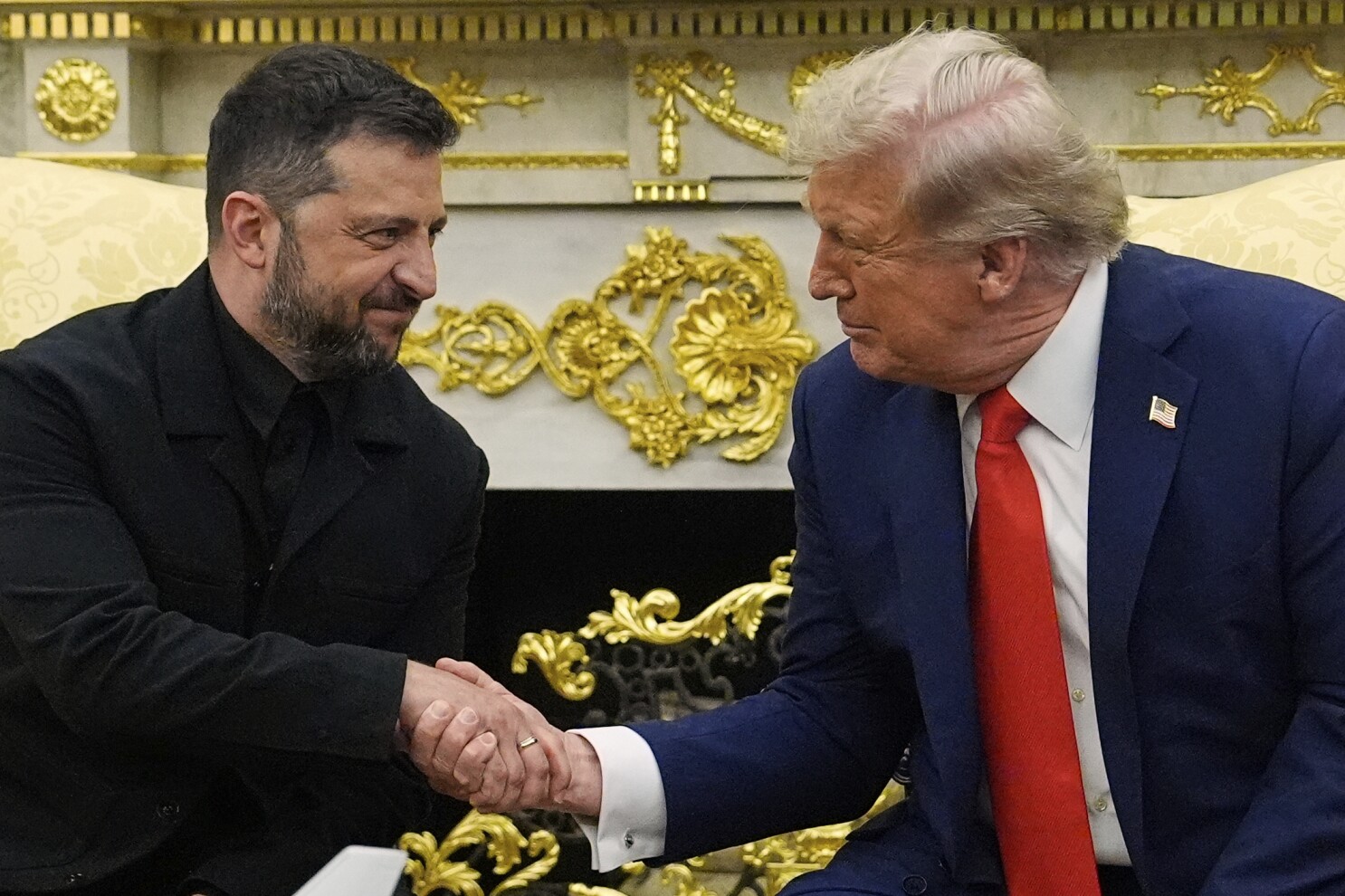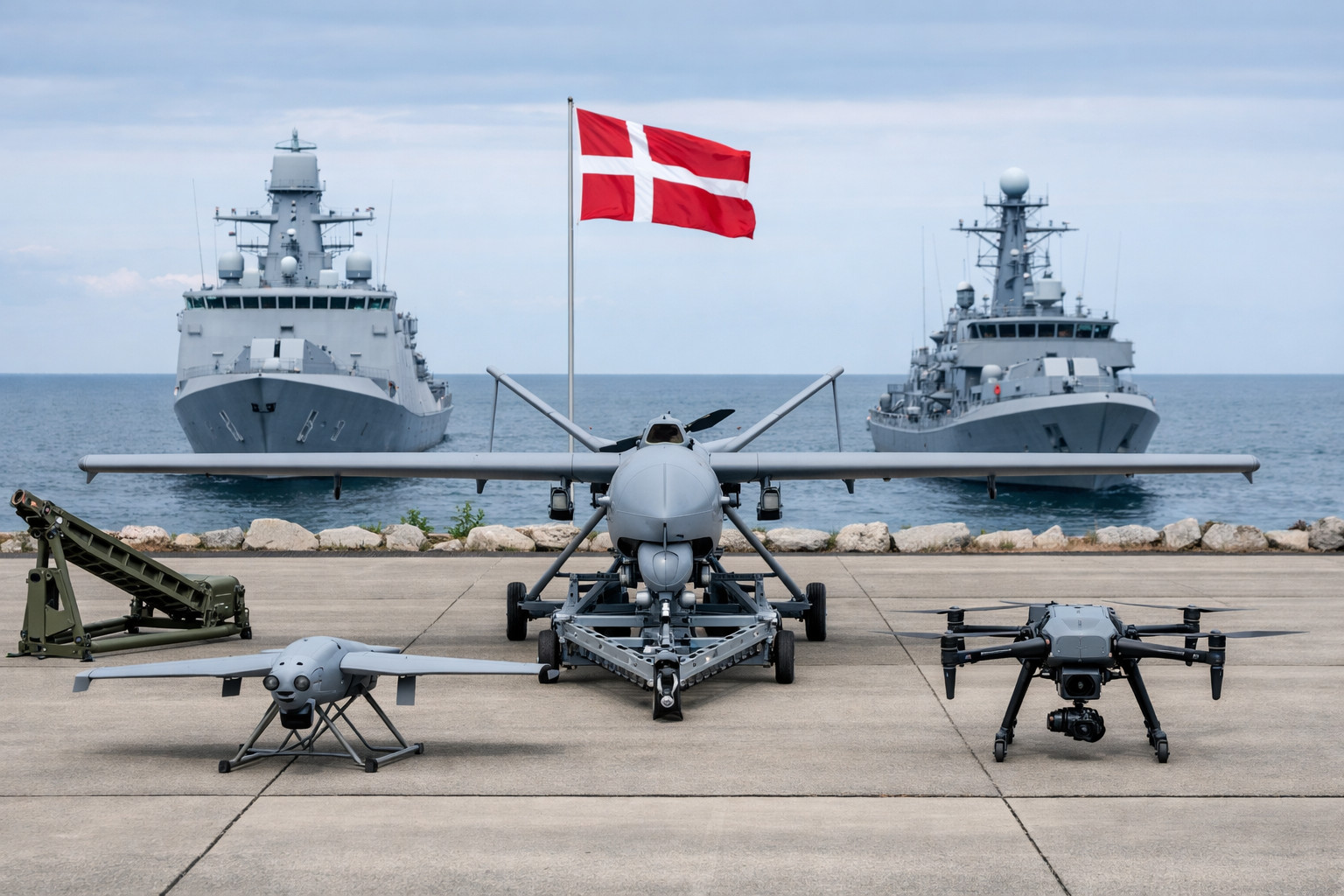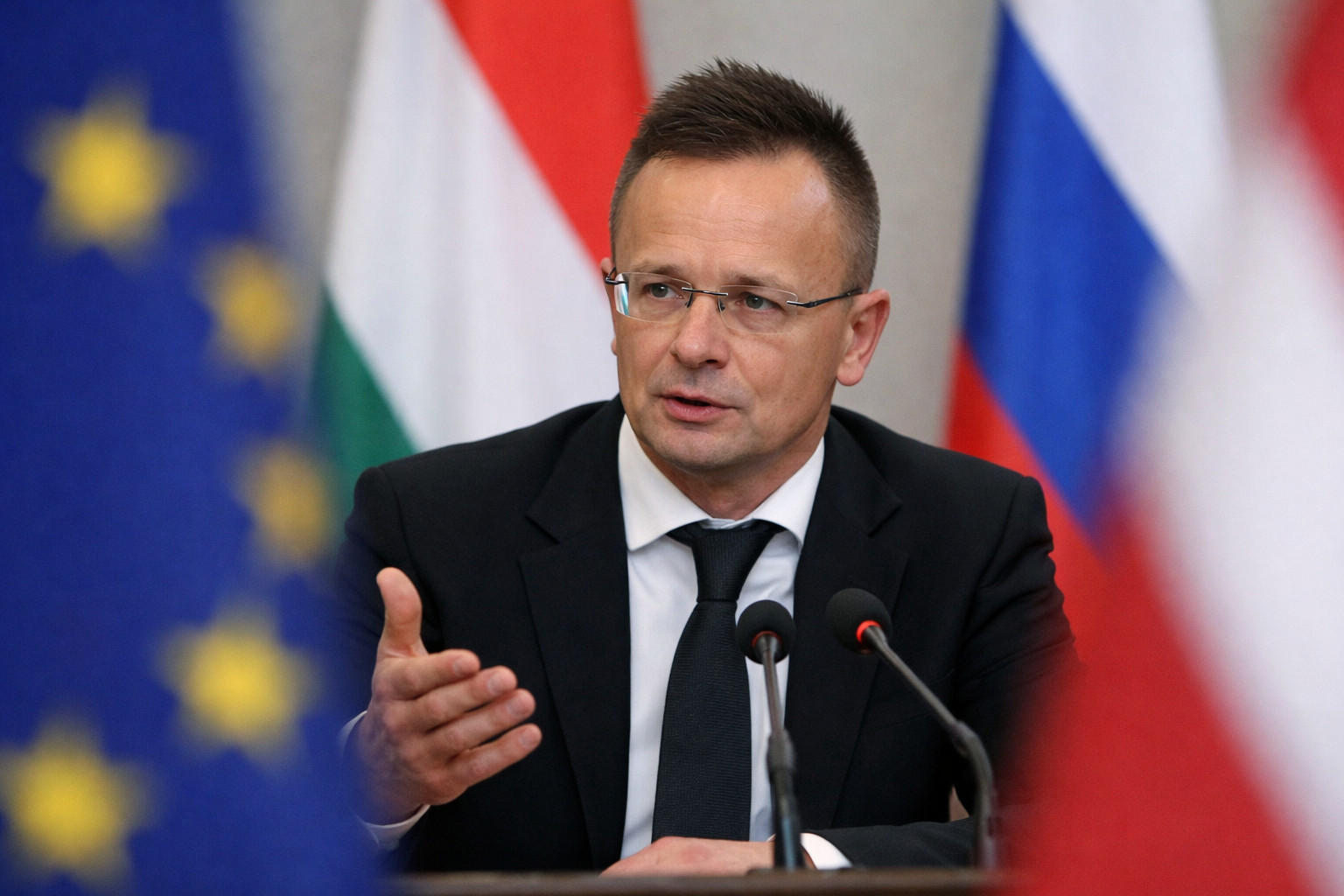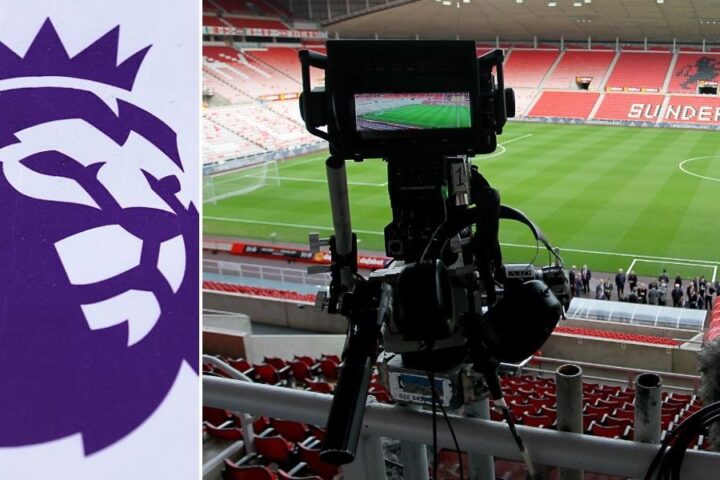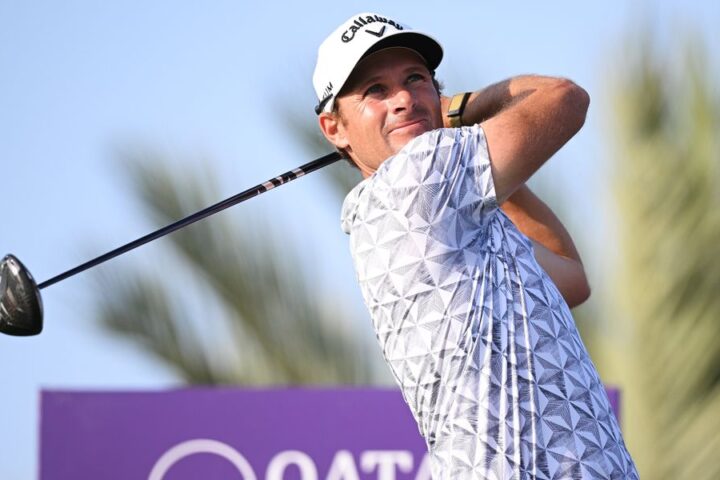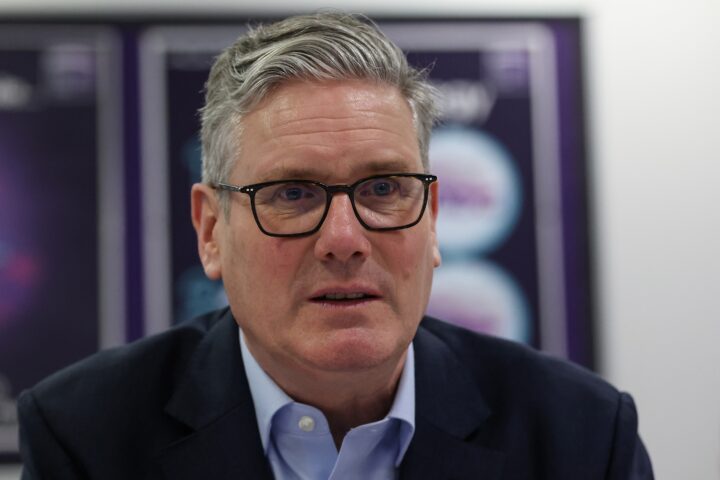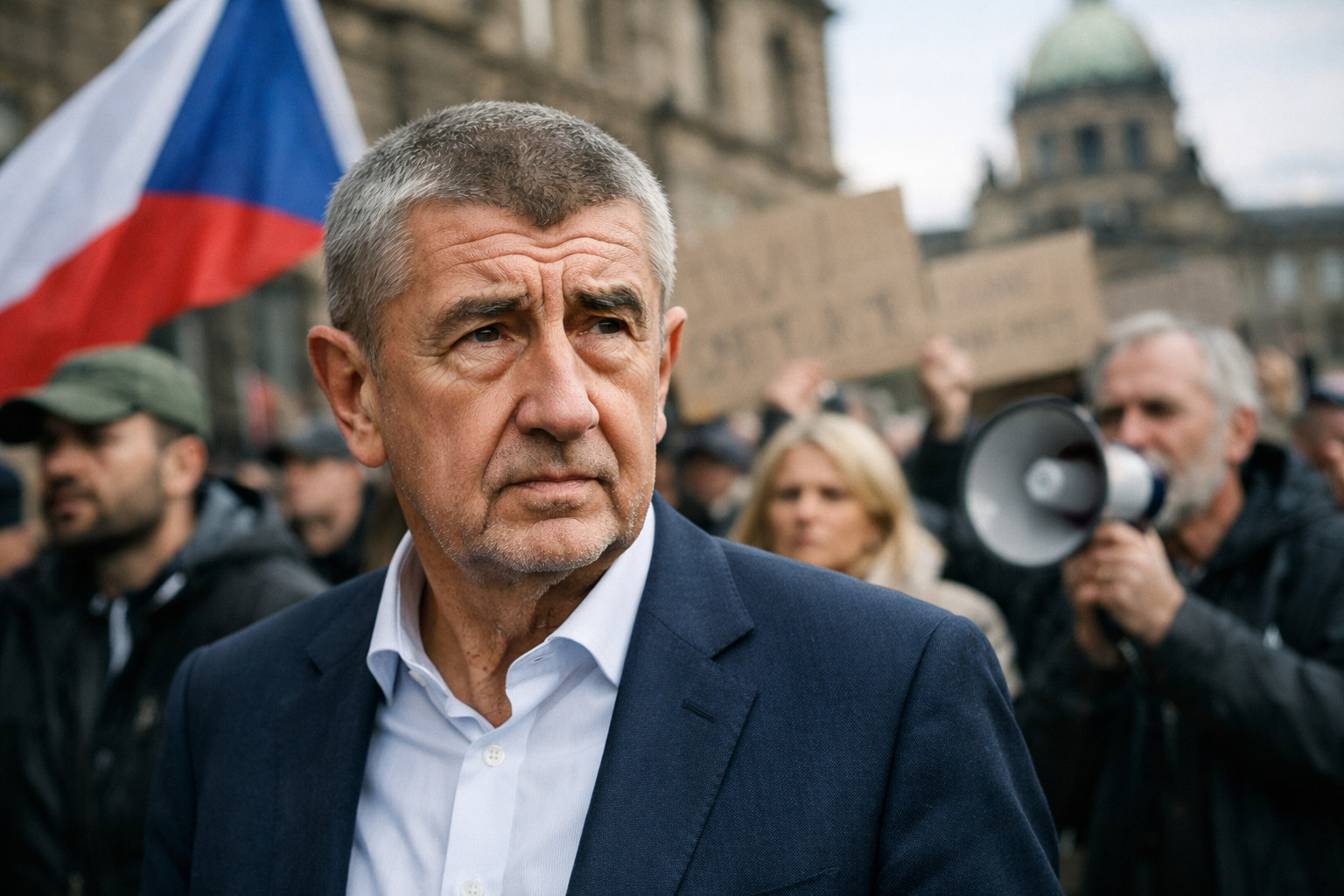WASHINGTON, September 24 — President Donald Trump and Ukrainian President Volodymyr Zelensky met in Washington in a high-profile meeting that underscored U.S. commitment to Ukraine’s sovereignty and territorial integrity amid the ongoing conflict with Russia. The meeting reflected a significant shift in Trump’s stance toward Moscow, with the U.S. leader affirming support for Kyiv until the war’s end.
Strengthening support against Russian aggression
During discussions, Trump stressed that Russia remains an aggressor and confirmed that Washington stands ready to continue supporting Ukraine with military and financial aid. The meeting also highlighted a shared consensus among NATO and the EU on providing Ukraine with defensive arms and further economic assistance. Trump rejected any recognition of Russia’s territorial gains, reinforcing Ukraine’s sovereignty as a central goal of U.S. policy.
Moscow’s provocations strain relations further
Recent provocations by Russia, including drone and aircraft incursions over NATO airspace, have exacerbated tensions with Washington. These actions have, according to officials, eroded trust between Trump and President Vladimir Putin. Analysts suggest that such provocations have effectively “freed Ukraine and its allies to act with less restraint,” altering strategic calculations in the conflict.
War realities contrast Kremlin claims
Despite Moscow’s narrative of battlefield success, Ukraine and Western assessments indicate Russia suffers heavy human and material losses, making only marginal advances in limited sectors of the front line. This ongoing attrition further strains Russia’s economy and undercuts its long-term objectives.
Peace talks blocked by Kremlin stance
Efforts by Ukraine and allies to arrange leader-level peace talks in Turkey, Saudi Arabia, Europe, or Kazakhstan have been rejected by Moscow. Washington officials assert that the Kremlin is not interested in genuine negotiations but rather in prolonging the conflict. This position underscores the deep diplomatic divide and reinforces Ukraine’s reliance on sustained Western support.
Language and geopolitical shifts at the UN
On the sidelines of the UN General Assembly, Zelensky and Kazakhstan’s president conducted discussions in English — a notable change from earlier communications in Russian. This reflects a broader shift as Putin’s actions alienate former Soviet states and diminish the influence of the Russian language in regional diplomacy.
Ukraine now faces a pivotal moment with strengthened U.S. backing and a unified NATO-EU front, but continued Russian resistance poses enduring risks to the conflict’s resolution and to regional stability.
